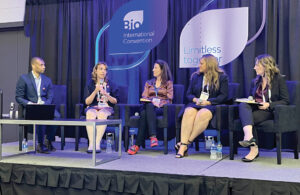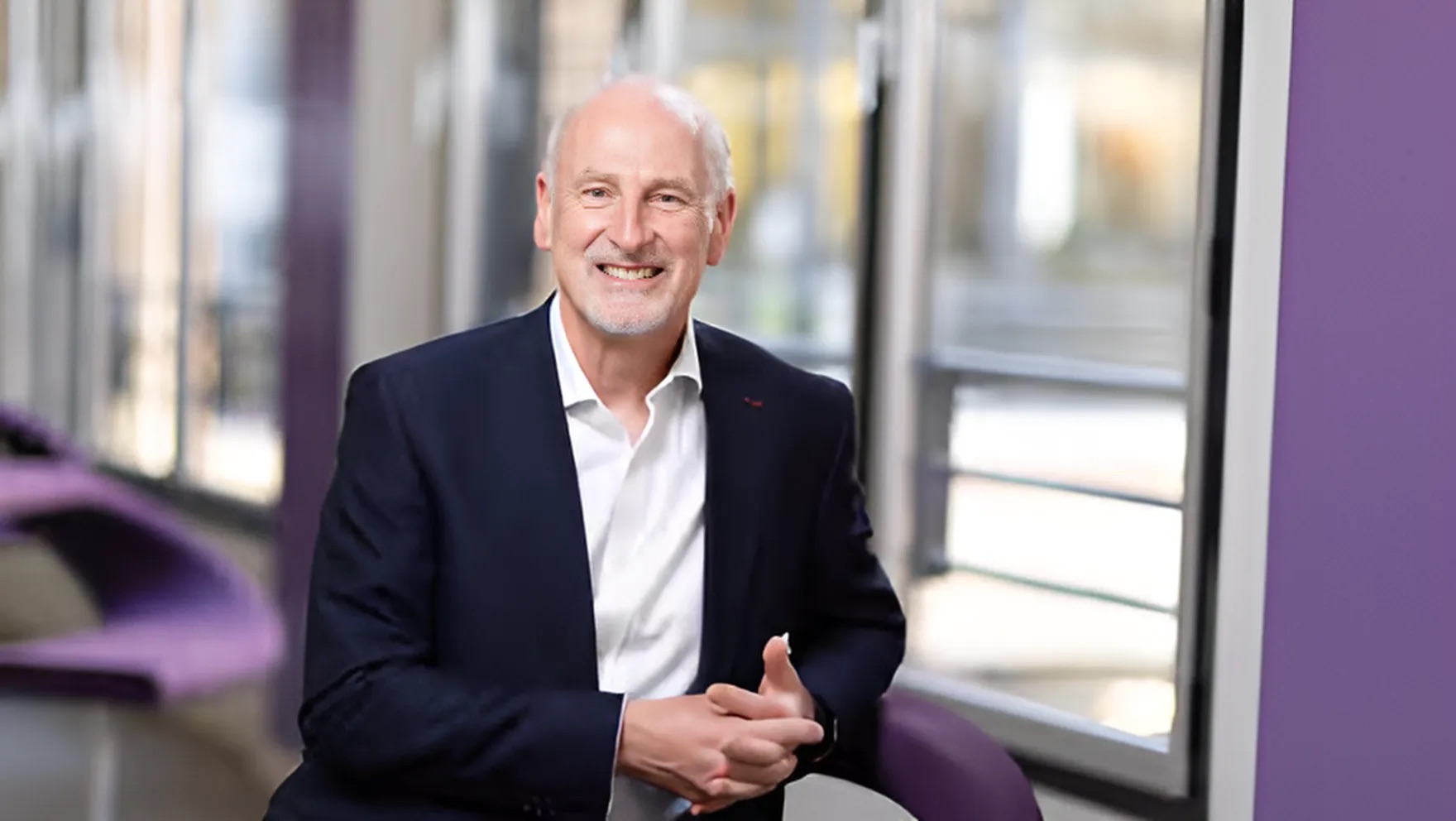How BeiGene Is Improving Treatment Access and Outcomes
According to the American Cancer Society, cancer incidence and mortality are rapidly growing worldwide. In the U.S., over 600,000 cancer-related deaths are projected this year. In China, for instance, roughly 55 people die from cancer every 10 minutes. Behind these startling numbers is the issue of access—and the inability of millions to obtain high-quality care.
“We know roughly a quarter of the people in this segment don’t get the therapies they need,” says Melika Davis, senior vice president and global head of clinical operations at BeiGene, a global biotechnology company built to deliver high-quality cancer treatments to people around the world. “Cancer has no borders; neither do we. We’re not afraid of cancer—we want to cure it.”
Improving access and affordability have been BeiGene’s goals since it was founded more than a decade ago. Today, the company has 16 innovative drugs available in China and more to come elsewhere. Brukinsa, a BTK inhibitor, is available in more than 50 countries, and it became the first anti-cancer drug developed in China to receive approval by the U.S. Food and Drug Administration (FDA) in 2019.
While her experience is vast, Ms. Davis’ heart has always been in oncology research. She’s monitored national and international clinical trials, taken roles in project management capacities, and worked in quality assurance at both Schering-Plough Research Institute and Novartis. In total, her work has successfully helped bring 20 medical products to the market. Through it all, she understands that leaders can’t work in silos.
“Everyone must work across the board while pleasing different stakeholders,” she says. “Eventually, I questioned where I could best utilize all of my knowledge. The answer was BeiGene.”

BeiGene’s Mandate to Innovate
When Ms. Davis joined BeiGene in 2019, she took ownership of the company’s broad pipeline, which aims to address 80% of the world’s cancer by cancer type. Such a goal requires bold ingenuity and dedication to innovations in the company’s strategy for providing health equity.
“When you look at the history of clinical trials, health care leaders have always wanted to ensure that the number of patients participating in clinical trials represents their country’s population,” Ms. Davis says. “These conversations continue to evolve as demographics change over time.”
Since joining BeiGene, Ms. Davis has prioritized patient diversity in global clinical trials focusing on data and analytics in order to create a cross-functional initiative.
“We are not just talking about race and ethnicity—which is important, of course—but we’re looking at different health economic levels as well,” she says.
BeiGene’s approach also bridges the gap between world-class research and access to clinical trials.
“We work closely with health authorities, ethics committees and clinical sites. We are transforming ourselves to go to global markets, but also expanding our current footprint in Australia, Europe, Latin America and the Asia-Pacific region.”—Melika Davis, BeiGene
Integrating Vertically
A huge part of BeiGene’s innovation mandate is accomplished by fleshing out BeiGene’s internal capabilities for clinical trials.
When BeiGene began conducting clinical trials seven years ago, the company relied heavily on assistance from clinical research organizations (CROs): third-party research firms that support the pharmaceutical, biotechnology and medical device industries.
Recently, BeiGene moved to bring these capabilities in-house. Doing so represents an enhancement to the patient experience, and allows those in need to enroll in clinical trials more quickly, ultimately cutting time and cost by one-third to expand access to novel and lifesaving cancer treatments.
“What many executives outside the health care space often don’t realize is that most clinical trials depend on CROs,” says Insigniam Consultant Bruce Zimmer. “The benefits can be numerous—from their associated cost savings to their ability to plan, execute and manage the life cycle of the clinical trial—which have established CROs as something of the industry norm.”

What’s unique about Ms. Davis’ approach, says Mr. Zimmer, is the way in which she’s been able to balance using CROs for ancillary support of the clinical trial process with shifting research and development to her internal team.
Today, 90% of clinical trials are done in-house. The holistic infrastructure includes regulatory and medical affairs, human resources, legal, finance, and many other fields. BeiGene actively engages these stakeholders through the lens of socioeconomics.
“A prime example of this is how we’re bringing phase one trials to Australia,” says Ms. Davis. “We want to make sure we understand the needs of each country, its health authorities, as well as the patients, clinical sites and the doctors—and we want to understand how patients are diagnosed and treated. The only way to do that is to have an internal capability.”
The Way Forward
As a global company, BeiGene’sfocus is on bridging gaps. “We are humanitarians,” Ms. Davis says. “Our vocation is to focus on developing cancer medicines, and our work is to make sure that we bring those to our patients—no matter where they are.”
This is easier to say than to accomplish. What makes BeiGene distinct is the company’s mission-driven strategy; the company is not simply focused on turning a profit. Instead, Ms. Davis and her team are innovating and expanding their marketization strategy to leverage the power of industry partners such as Novartis.
“From industry partnerships to scaling the company to integrate vertically, these conditions were made possible by Ms. Davis’ work, as well as the Global Clinical Operations team, which goes beyond how they have delivered clinical operations in the past,” says Mr. Zimmer.
Moreover, Mr. Zimmer continues, “Ms. Davis has empowered and enabled her team to be inspired in their thinking, and their actions are bringing about inspired results.”
This article appeared in the Fall 2022 issue of Insigniam Quarterly with the headline “Improving Access and Outcomes.”
To begin receiving IQ, click here.



